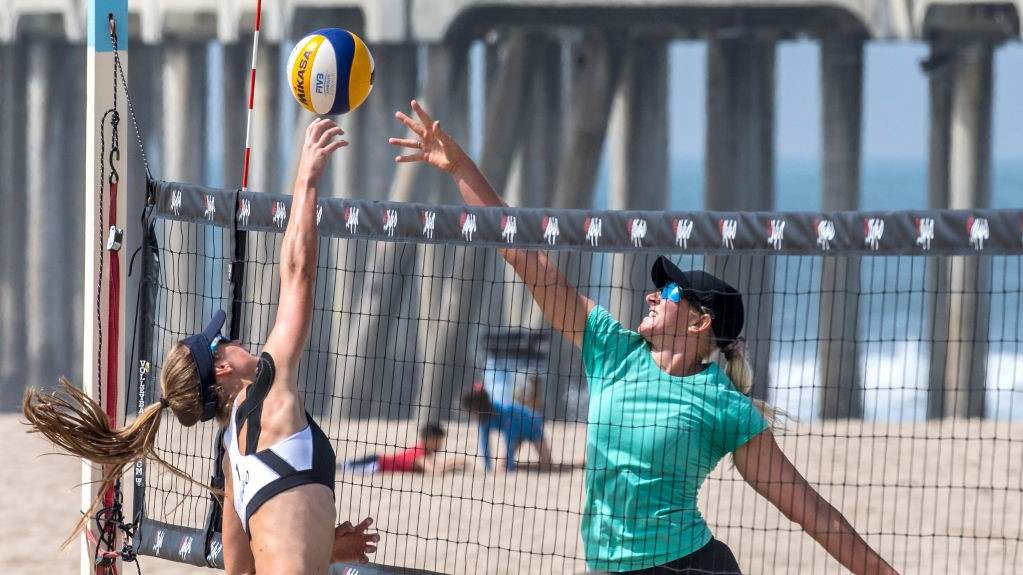
Olympics
19:02, 18-Apr-2019
Japanese fans unhappy with the 2020 Summer Olympics schedule
Li Xiang

The detailed schedule of competitions for the 2020 Summer Olympics in Tokyo was released on Tuesday, and it revealed that some of the more important games are arranged to happen in the morning, Tokyo time. Neither the athletes nor the local audience are happy about it.
August 1 is a Saturday and the finals of 21 competitions, including women's singles tennis, will happen on that day, making it "Super Saturday". The next day, August 2, is called "Golden Sunday" and will witness who another 26 gold medals will go to, and that will include the final of men's 100-meter sprinting. On August 8, the second "Super Saturday", 30 gold medals will meet their owners in multiple competitions including men's basketball and men's volleyball.
The finals of key events will all be held in the mornings of the three days, posing a challenge to the athletes. Some experts pointed out that it's tradition to put important competitions in the afternoon or in the evening. Athletes are used to such arrangements. If they have to compete at a time their bodies are not accustomed to, not only will they be unable to give the best performance, but also can it damage their health.

People playing beach volleyball /VCG Photo
People playing beach volleyball /VCG Photo
Both men's and women's beach volleyball finals are arranged to happen at 10:00 a.m., Tokyo time. The Japan Volleyball Association worried that players will be out of form and it will be difficult to have all the audience assemble at the scene.
Though the Tokyo Organizing Committee of the Olympic and Paralympic Games denied that they put some of the competitions in the morning to cater to the U.S. audience, considering the time differences between Tokyo and the U.S., it's only logical to assume that such arrangements are in the interest of the audience on the other side of the Pacific Ocean.
Irritated by the schedule, some Japanese netizens posted on social media: "If they (the Organizing Committee) care so much about the U.S. audience, why don't they hold the Olympics in America?"

SITEMAP
Copyright © 2018 CGTN. Beijing ICP prepared NO.16065310-3
Copyright © 2018 CGTN. Beijing ICP prepared NO.16065310-3